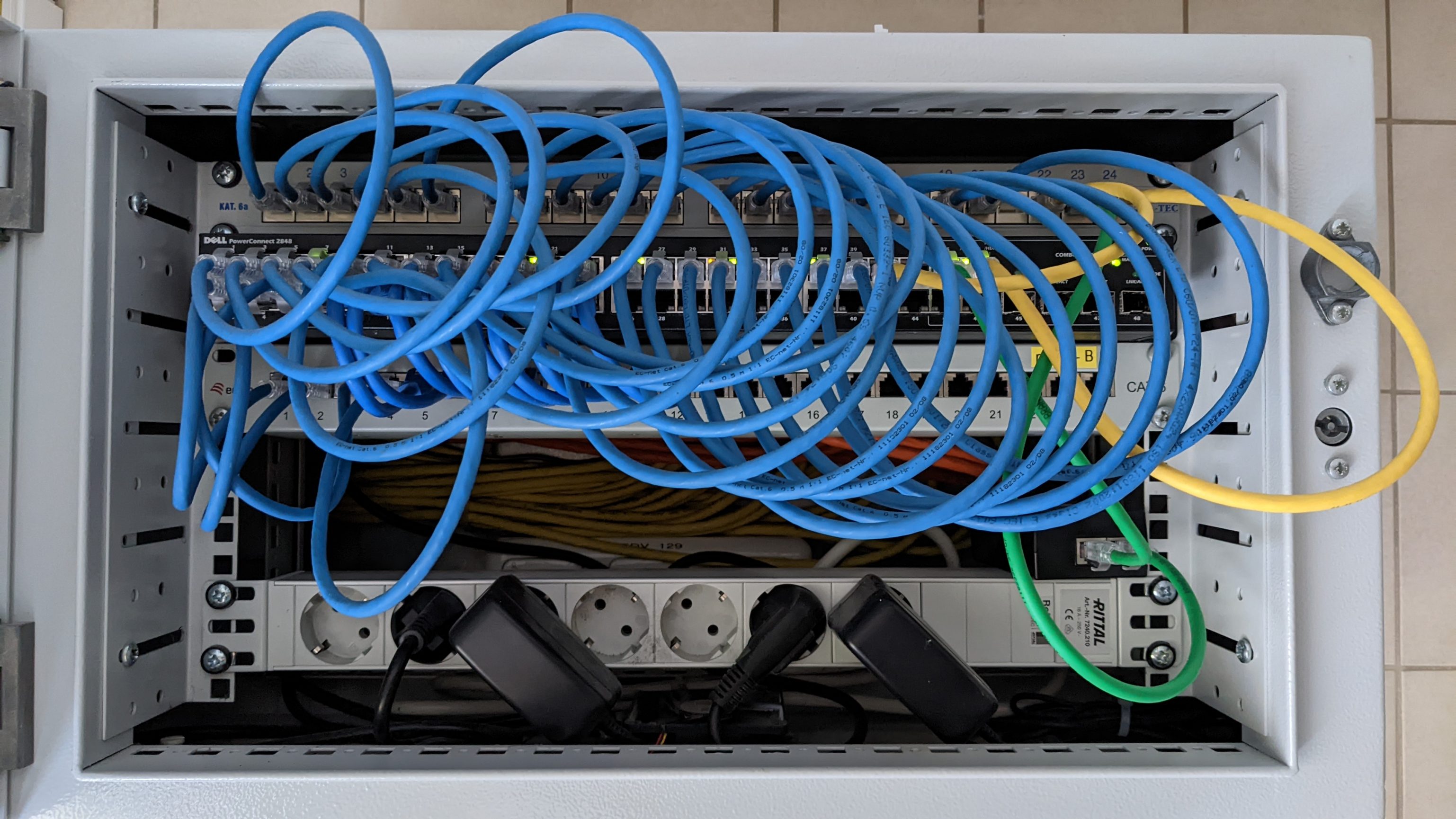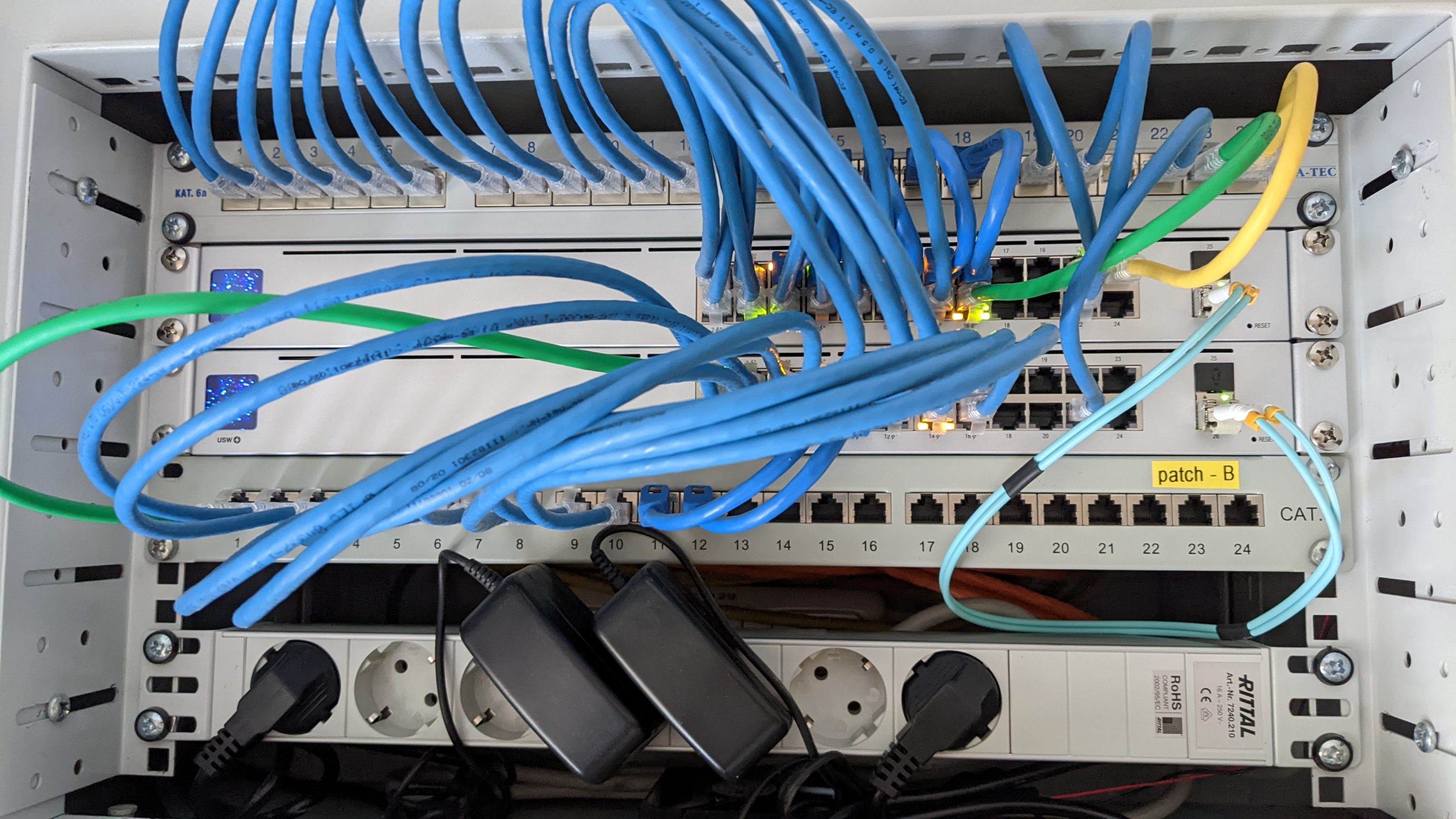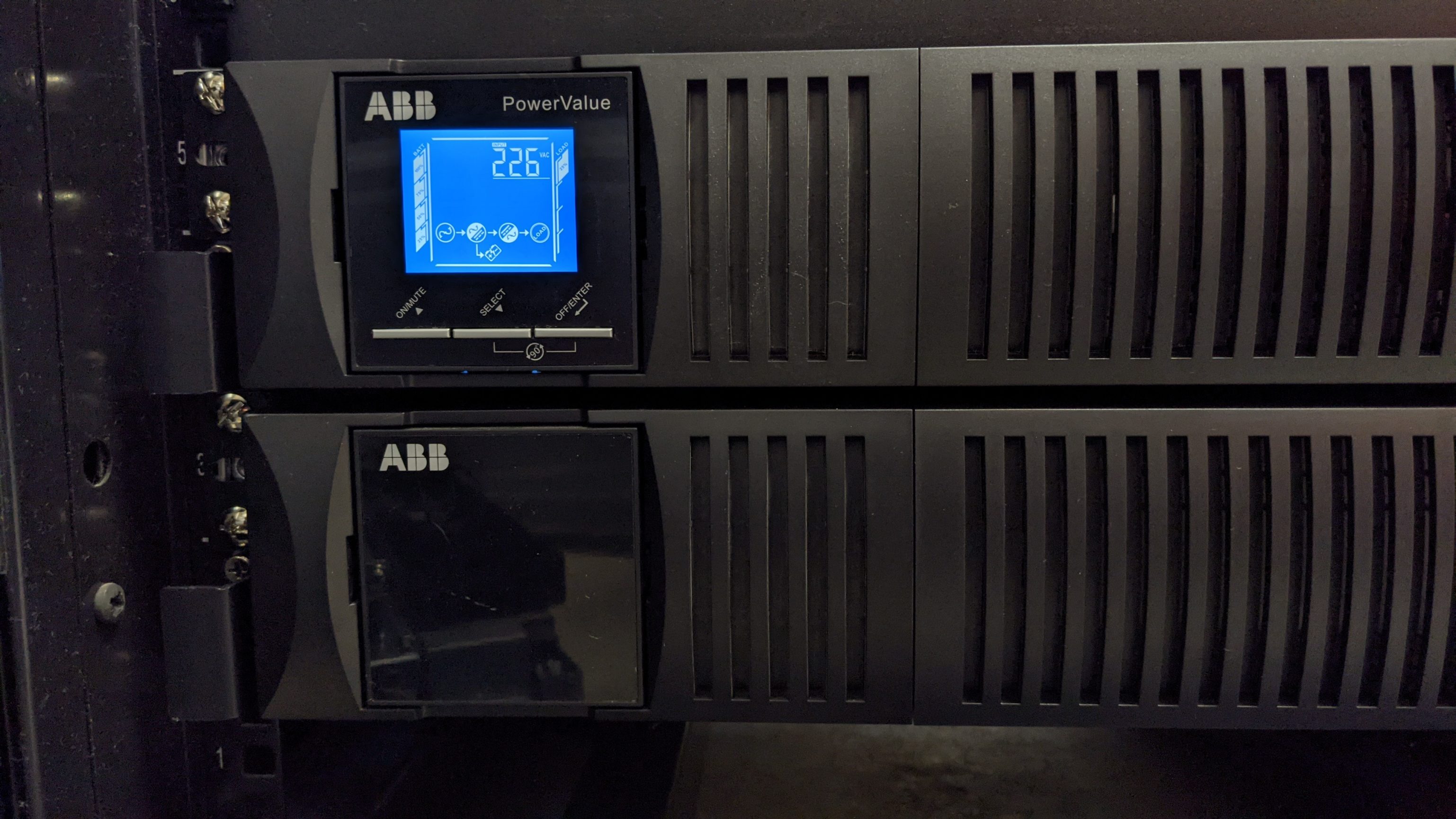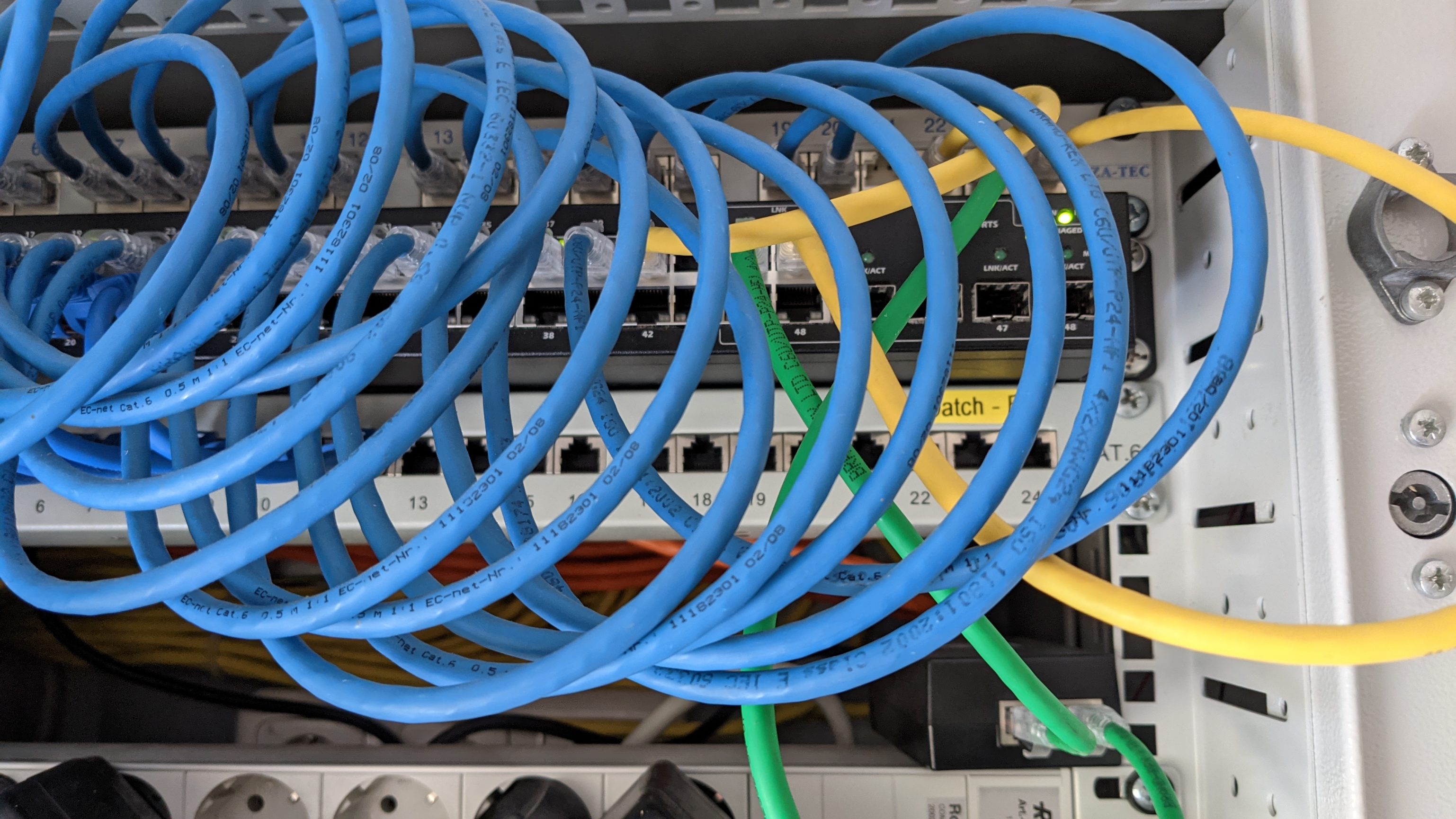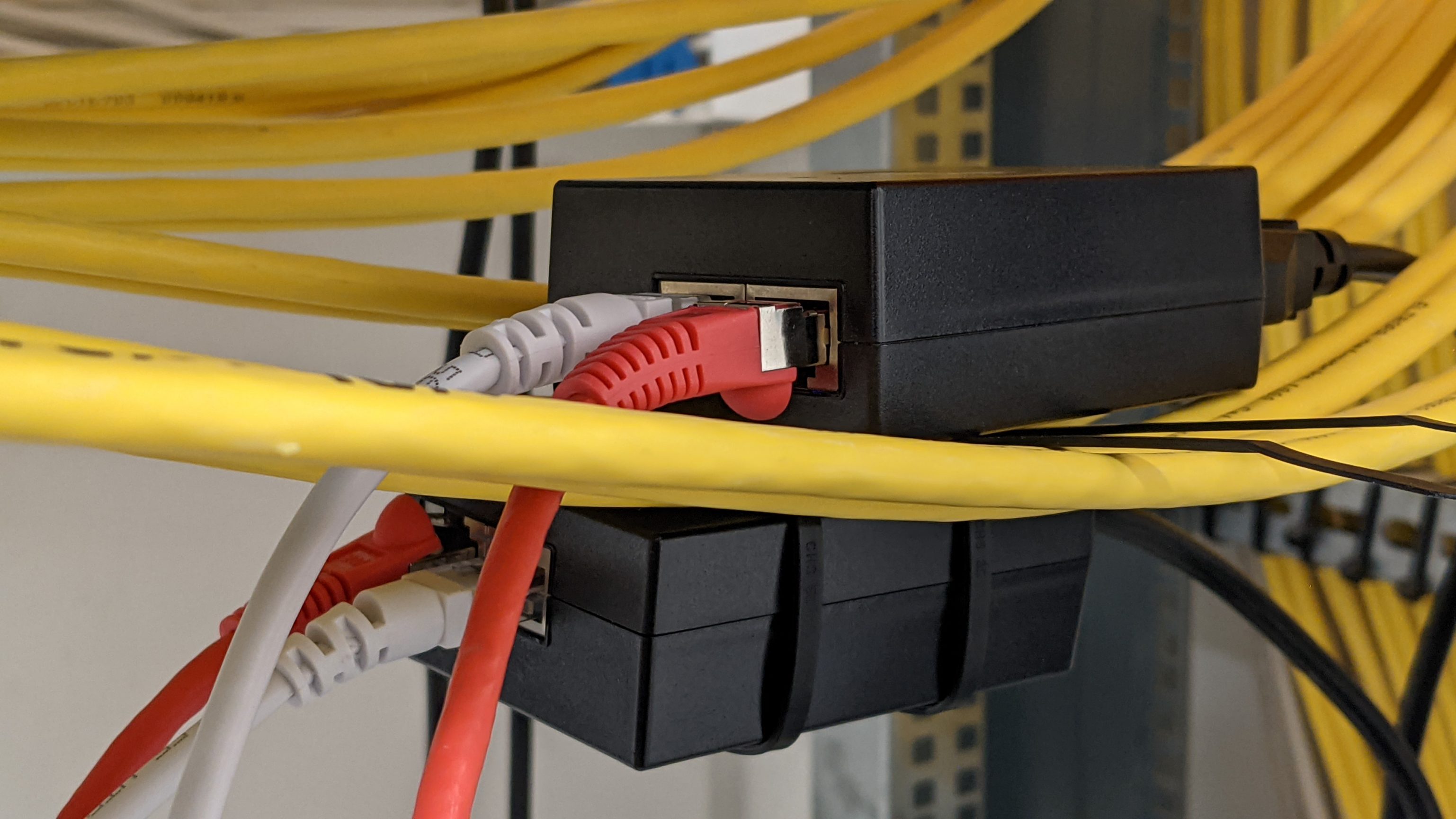A few months ago, a member of Wycliffe Germany came to me bearing a thick sheaf of paper. She is one of several people around the center who have worked in Tanzania, as Katherine and I once did. However, her work there is ongoing—she serves as a consultant to a cluster of projects in the south of the country. One of the languages in the project is that of the Safwa, who live in the mountains around the city of Mbeya.
In the 2002 Wycliffe publication From Akebu to Zapotec: A Book of Bibleless Peoples, the Safwa people have an entry under, of all things, the letter S. The entry is accompanied by an artist’s rendering of a photo taken during the sociolinguistic survey of the Safwa language in 1998. Katherine and I took part in that survey. We found that the Safwa had a strong sense of identity and preferred their language to Kiswahili in daily use. The Church was present, but its message and ministry was hindered by the use of Kiswahili. Those of us who surveyed the language concluded that the Safwa would surely benefit from Bible translation, but we also felt that such a project would be a long time coming.
Let’s come back now, 24 years later, to that sheaf of paper. What my colleague Andrea presented to me was a draft printout of the New Testament in Kisafwa:
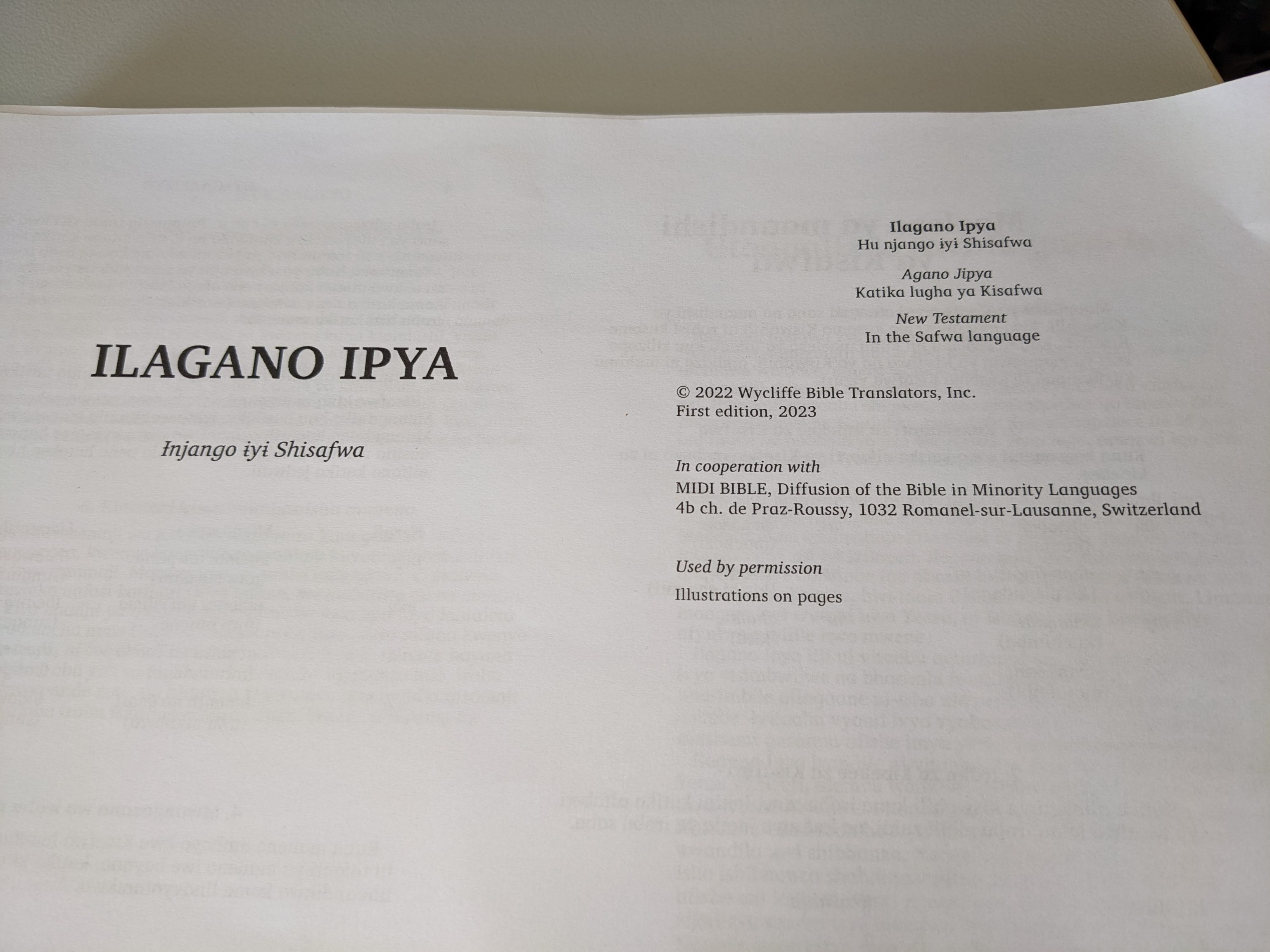
My friends, this day was one of the most significant of my entire life. Later that day, I wrote to others that, if I did nothing else worthwhile in my life, the knowledge that these people would receive the Good News in their own language would be enough to content me. Praise God with Katherine and me for the proofing and the publication of this good work!
The rain and snow come down from the heavens and stay on the ground to water the earth.
They cause the grain to grow, producing seed for the farmer and bread for the hungry.
It is the same with my word. I send it out, and it always produces fruit.
It will accomplish all I want it to, and it will prosper everywhere I send it.
Isaiah 55:10-11, New Living Translation
Last month, Wycliffe Germany had its annual member meeting, which gathers together all those who are present in the country for the purposes of enjoying fellowship and conducting business. Yours truly ran the technical components of the main session, freeing others to give their full attention to their friends and to the meeting.

Next month, Katherine and I will be returning with our younger son to the U.S. for a 4 1/2 month home stay. We will help him settle into life and work, now that he has finished his schooling and a gap-year program. Moreover, we will spend long-missed time with our families, friends, and supporters. Our schedule is still taking form, so if you live in one of the following states and are interested in getting together, please let us know! We’ll arrive in Georgia, pick up a car in South Carolina, and then drive to Pennsylvania. From there, we will spend time in Texas, Missouri, Colorado, and Virginia, before leaving again from Atlanta.
We hope / plan / expect to return to Germany in mid-January. When we come back, we won’t come back to the house we’ve been renting since 2019, but rather to a apartment. An empty nest. When you pray, please ask the Lord our God to bless us with a great home stay, our son with a good start to the next phase of his life, and our ministry with sufficient support in prayer and finances to assure our next term of service. If you want to be part of that, you can join us! None of what we do would be possible without you!



